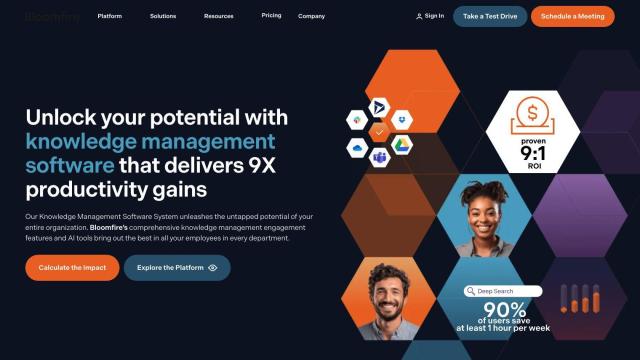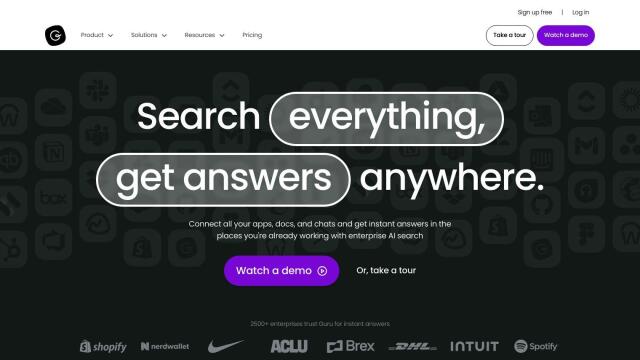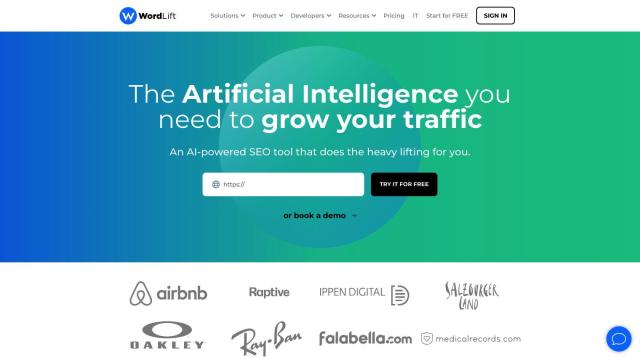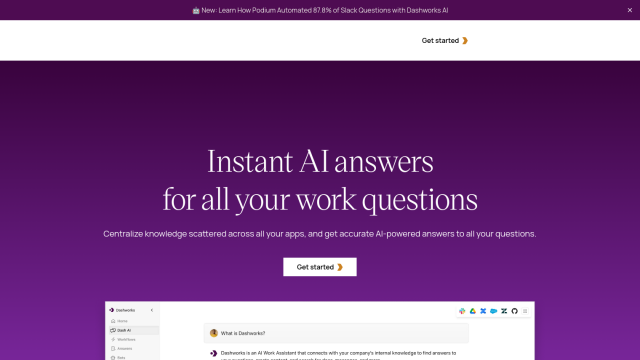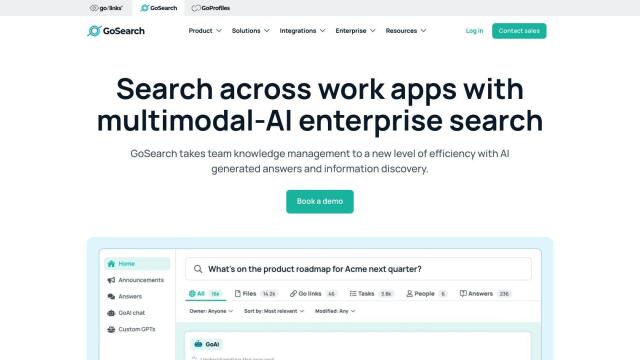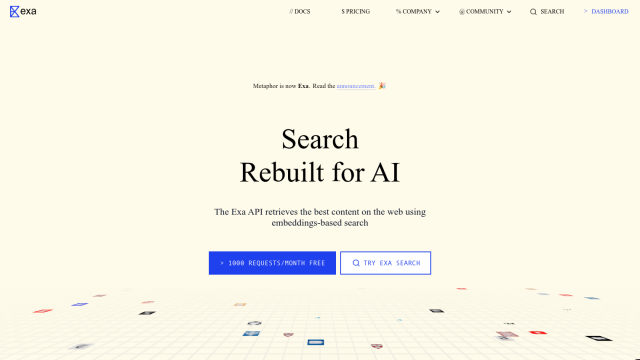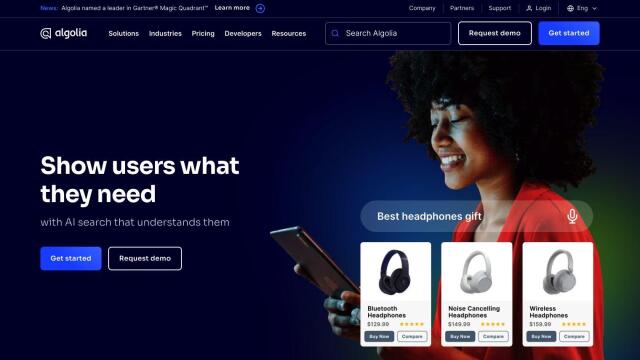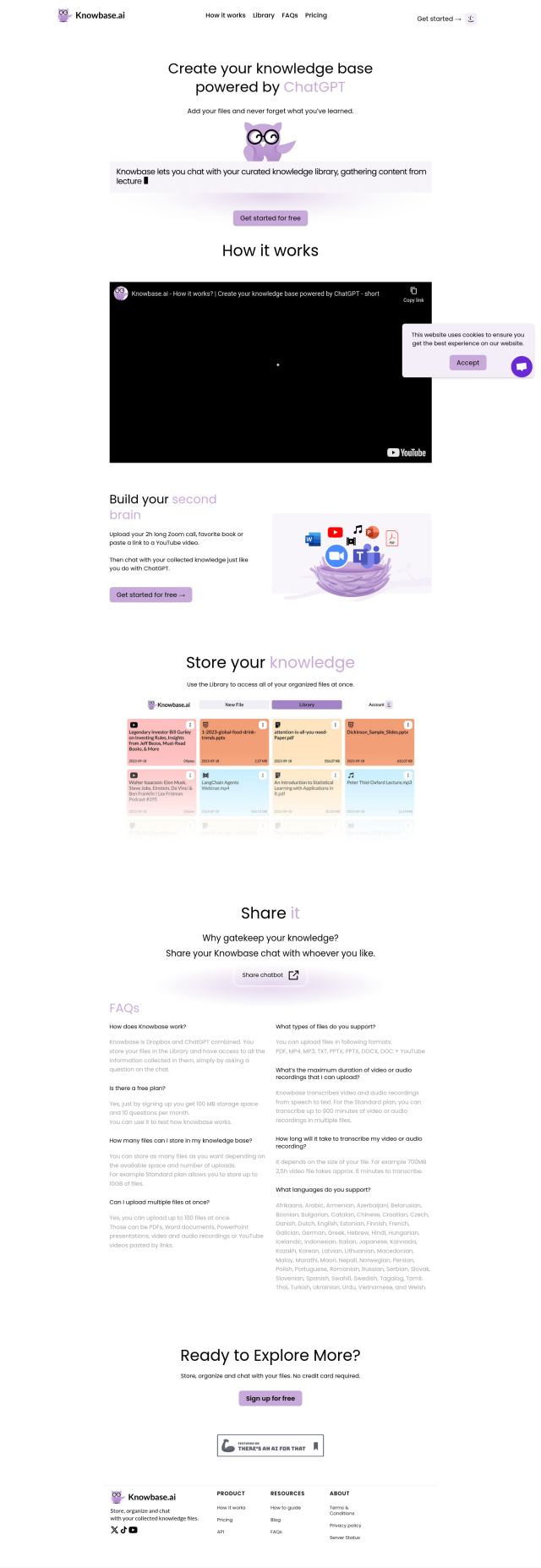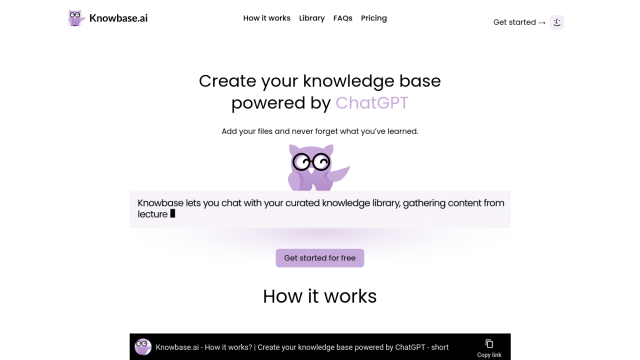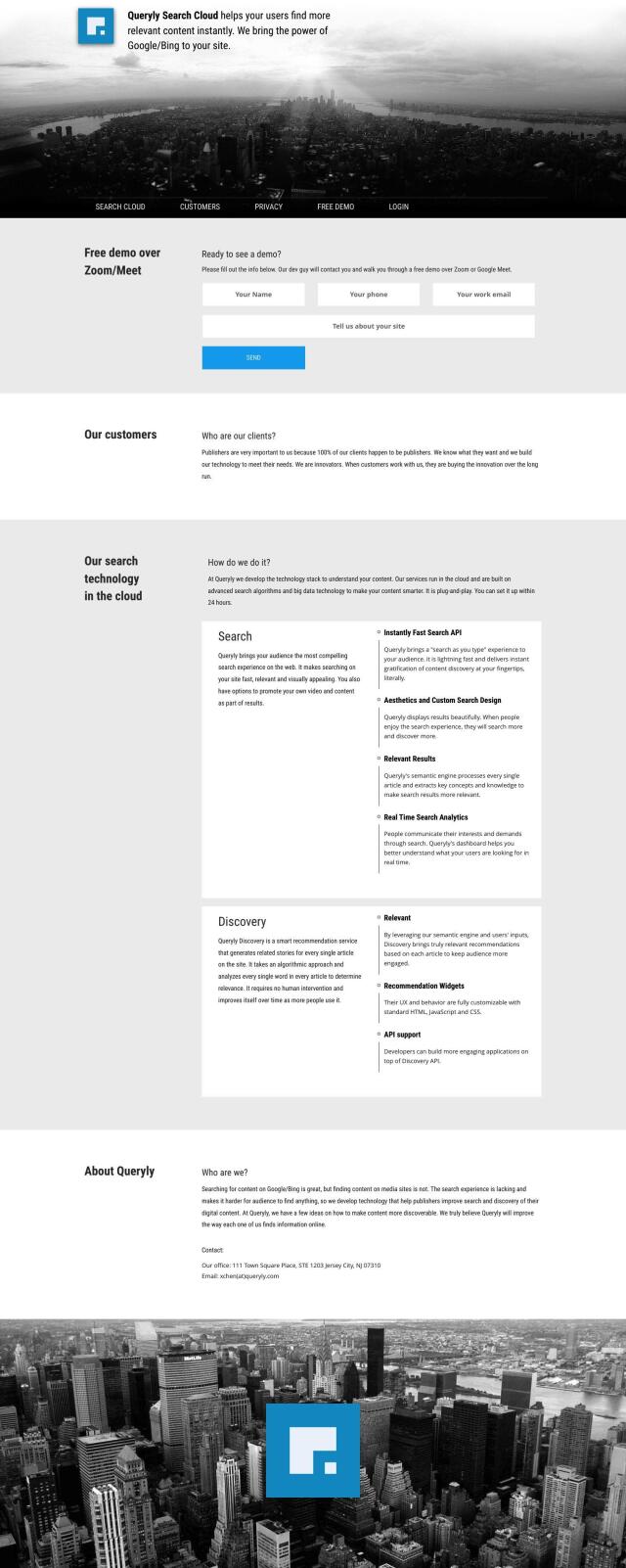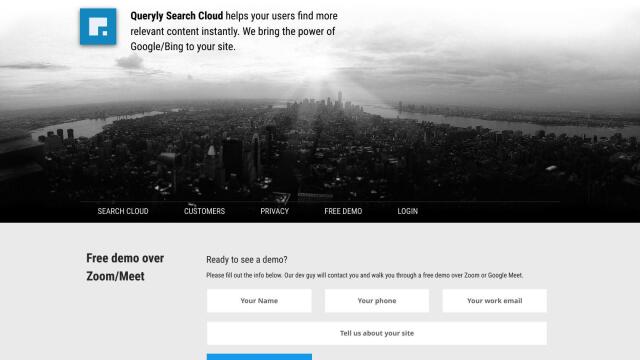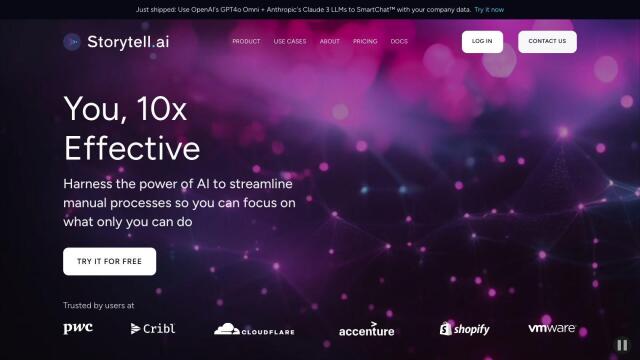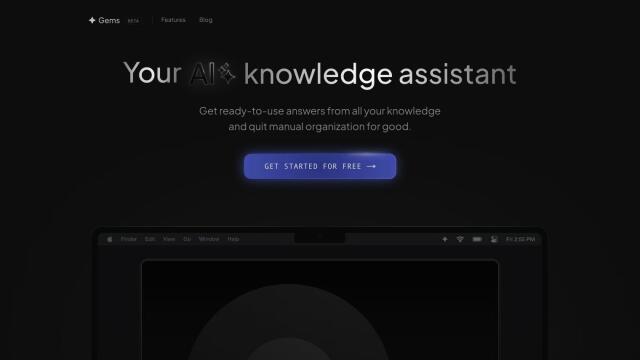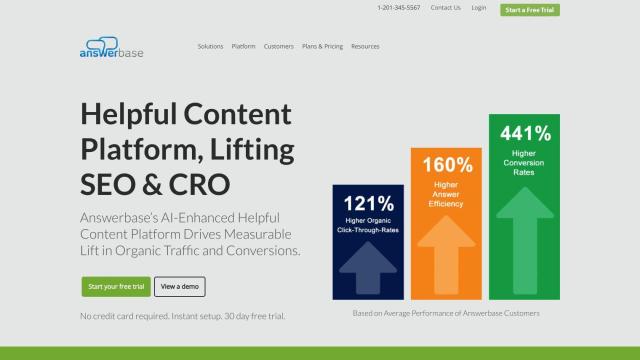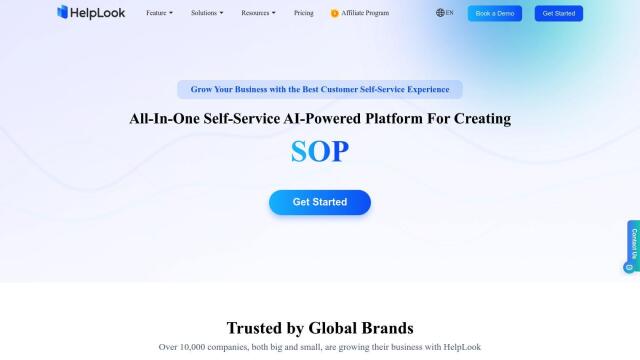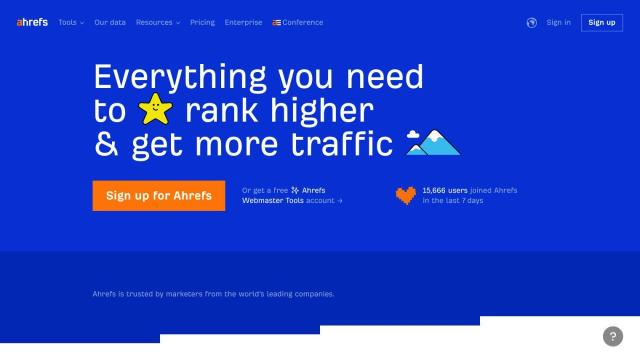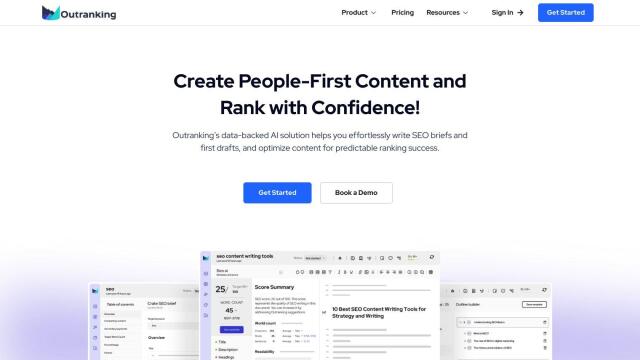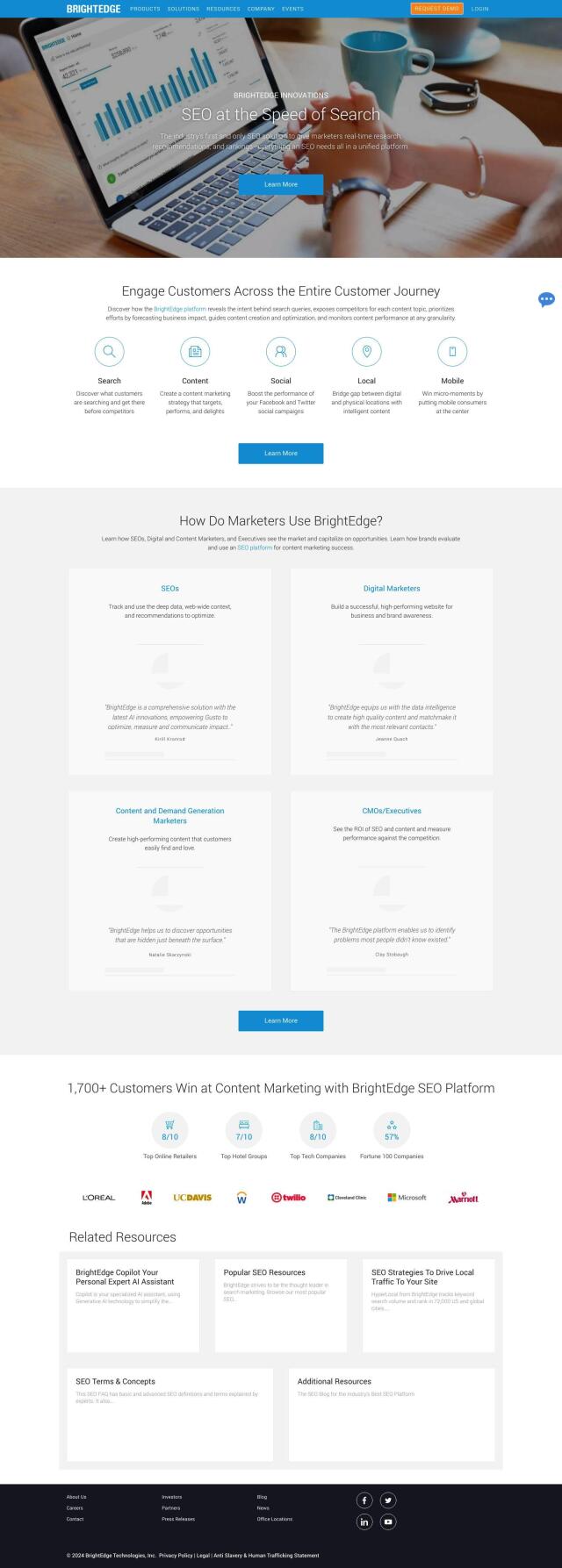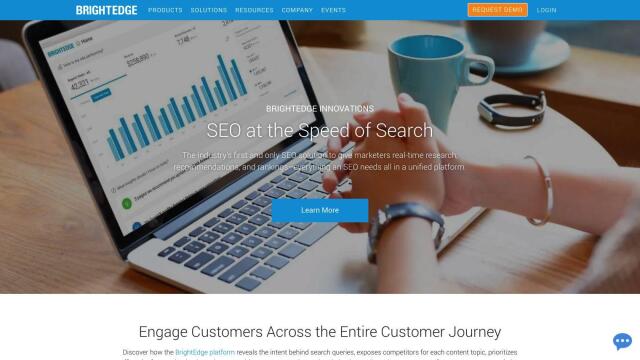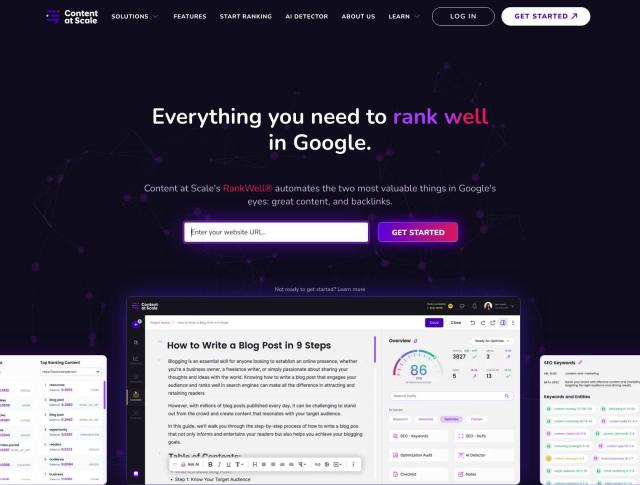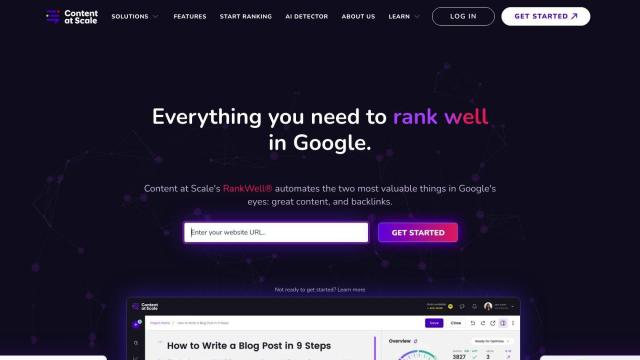Question: I'm looking for a tool that builds a knowledge graph and enhances search engine results for large-scale websites.

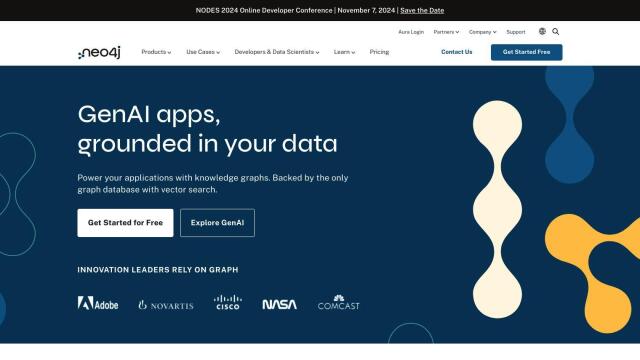
Neo4j
If you need a knowledge graph and want to improve search results for a big website, Neo4j is a powerful choice. It's good at connecting and processing complex data, with data science, machine learning support and vector search. Its graph-native performance, flexibility and enterprise-level security make it a good choice for big data. Neo4j can be used in self-hosted, cloud-managed and fully managed services, so you can pick the best approach for your needs.


Glean
Another good option is Glean, which uses Retrieval Augmented Generation (RAG) technology to provide personalized answers based on enterprise data. It connects all enterprise data into a single knowledge graph, which enables advanced personalization. Glean also offers a variety of features like Glean Apps for custom AI agents, APIs for custom applications and a scalable infrastructure. The platform is designed to help teams work more efficiently by giving them fast access to the right information.


Vespa
Vespa is also worth a look for its unified search engine and vector database. It supports vector search, lexical search and structured data search, making it a good foundation for building production-ready search applications at scale. Vespa combines fast vector search with machine-learned models for high end-to-end performance and low latency. The platform is a good choice for building AI capabilities into large data sets, for example to improve search and recommendations.

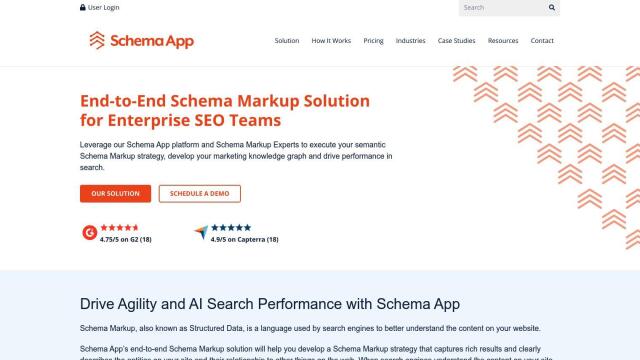
Schema App
Last but not least, Schema App is designed to improve search performance by giving search engines a better understanding of website content through semantic schema markup. It offers features like automated schema markup generation, semantic schema markup and schema performance analytics. The platform is designed to scale and evolve with AI-powered search, so it's a good choice for enterprise SEO teams that want to get the most out of search engines and build a broad knowledge graph.

